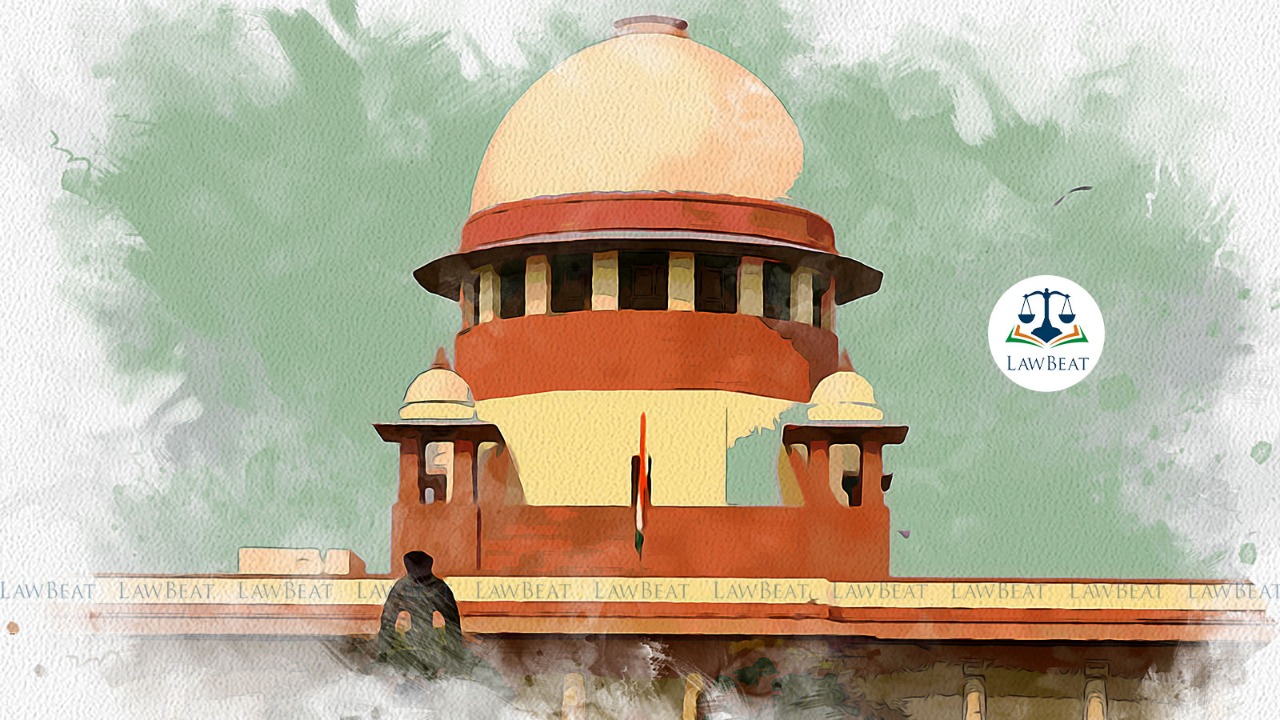Policy for compassionate appointment must be consistent with the mandate of Articles 14 and 16, reiterates Supreme Court

Holding that a policy for compassionate appointment must be consistent with the mandate of Articles 14 and 16, the Top Court has held that, a policy for compassionate appointment, which has the force of law, must not discriminate on any of the grounds mentioned in Article 16(2), including that of descent.
A bench of Justices UU Lalit, S Ravindra Bhat and PS Narasimha further held that,
"...‘descent’ must be understood to encompass the familial origins of a person. Familial origins include the validity of the marriage of the parents of a claimant of compassionate appointment and the claimant’s legitimacy as their child. The policy cannot discriminate against a person only on the ground of descent by classifying children of the deceased employee as legitimate and illegitimate and recognizing only the right of legitimate descendant."
Relying on Union of India v. V.R. Tripathi, wherein the court had noted that the scheme and the rules of compassionate appointment cannot violate the mandate of Article 14 of the Constitution, the top court said,
"Once Section 16 of the Hindu Marriage Act regards a child born from a marriage entered into while the earlier marriage is subsisting to be legitimate, it would violate Article 14 if the policy or rule excludes such a child from seeking the benefit of compassionate appointment."
In an appeal filed by Mukesh Kumar, a question arose for the court's consideration i.e., whether the condition imposed by the Railway Board circular that compassionate appointment cannot be granted to children born from the second wife of a deceased employee was legally sustainable.
One Jagdish Harijan was an employee of the Indian Railways. In his lifetime, he had two wives. Mukesh Kumar was Jagdish's son through his second wife. Jagdish died in service. Shortly after that, the first wife made a representation seeking the appointment of her step-son Mukesh under the scheme for appointments on compassionate grounds. Union of India rejected the representation. The departmental appeal also came to be dismissed.
An original application was filed before the Central Administrative Tribunal, Patna, which was also dismissed and so was a writ petition filed before the High Court of Patna by a Division Bench.
The Court noted that the circular created two categories between one class, and it had no nexus to the objects sought to be achieved. Talking abuot the rights of the children born from a second wife, the bench said,
"Once the law has deemed them legitimate, it would be impermissible to exclude them from being considered under the policy. Exclusion of one class of legitimate children would fail to meet the test of nexus with the object, and it would defeat the purpose of ensuring the dignity of the family of the deceased employee."
With this view, the bench held that Manish Kumar could not be denied consideration under the scheme of compassionate appointments only because he is the son of the second wife, and issued a direction to consider his case as per the extant policy.
"The process of consideration of the application shall be completed within a period of three months from today...", ordered the court.
Case Title: MUKESH KUMAR & ANR v. THE UNION OF INDIA & ORS.
